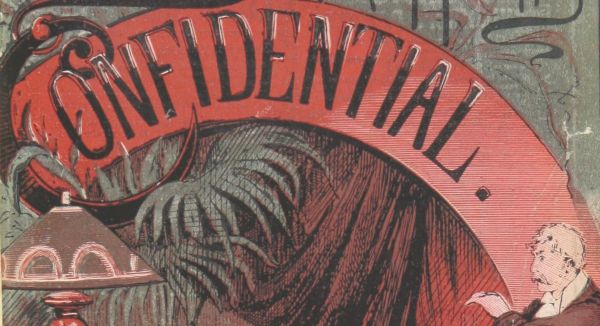Plaintiff Jones (a high school teacher and Cincinnati Bengals cheerleader) sued the website thedirty.com and its operator for defamation over a number of third party posts that said mean things about plaintiff. Defendants moved for summary judgment, arguing that the Communications Decency Act — 47 USC § 230(c)(1) — afforded them immunity from liability for the content created by third parties. Articulating a “goofy legal standard,” the district court denied the motion, and the case was tried twice. The first trial ended in a mistrial, and the second time the jury found in favor of plaintiff.
Defendants sought review with the Sixth Circuit Court of Appeals on the issue of whether whether the district court erred in denying defendants’ motion for judgment as a matter of law by holding that the CDA did not bar plaintiff’s state tort claims. On appeal, the court reversed the district court and ordered that judgment as a matter of law be entered in defendants’ favor.
Section 230(c)(1) provides that “[n]o provider or user of an interactive computer service shall be treated as the publisher or speaker of any information provided by another information content provider.” At its core, § 230 grants immunity to defendant service providers in lawsuits seeking to hold the service provider liable for its exercise of a publisher’s traditional editorial functions—such as deciding whether to publish, withdraw, postpone or alter content.
But the grant of immunity is not without limits. It applies only to the extent that an interactive computer service provider is not also the information content provider of the content at issue. A defendant is not entitled to protection from claims based on the publication of information if the defendant is responsible, in whole or in part, for the creation or development of the information.
The district court held that “a website owner who intentionally encourages illegal or actionable third-party postings to which he adds his own comments ratifying or adopting the posts becomes a ‘creator’ or ‘developer’ of that content and is not entitled to immunity.” Thus, the district court concluded that “[d]efendants, when they re-published the matters in evidence, had the same duties and liabilities for re-publishing libelous material as the author of such materials.”
The appellate court held that the district court’s test for what constitutes “creation” or “development” was too broad. Instead, the court looked to the Ninth Circuit’s decision in Fair Hous. Council of San Fernando Valley v. Roommates.com, LLC, 521 F.3d 1157 (9th Cir. 2008) and adopted the material contribution test from that opinion:
[W]e interpret the term “development” as referring not merely to augmenting the content generally, but to materially contributing to its alleged unlawfulness. In other words, a website helps to develop unlawful content, and thus falls within the exception to section 230, if it contributes materially to the alleged illegality of the conduct.
In the Sixth Circuit’s language, “[A] material contribution to the alleged illegality of the content does not mean merely taking action that is necessary to the display of allegedly illegal content. Rather, it means being responsible for what makes the displayed content allegedly unlawful.”
In this case, the defendants did not author the statements at issue. But they did select the statements for publication. The court held that defendants did not materially contribute to the defamatory content of the statements simply because those posts were selected for publication. Moreover, the website did not require users to post illegal or actionable content as a condition of use. The website’s content submission form simply instructed users generally to submit content. The court found the tool to be neutral (both in orientation and design) as to what third parties submit. Accordingly, the website design did not constitute a material contribution to any defamatory speech that was uploaded.
Jones v. Dirty World, No. 13-5946 (6th Cir. June 16, 2014)
Evan Brown is an attorney in Chicago advising clients on matters dealing with technology, the internet and new media. Contact him.

![]() About the Author: Evan Brown is a Chicago technology and intellectual property attorney. Call Evan at (630) 362-7237, send email to ebrown [at] internetcases.com, or follow him on Twitter @internetcases. Read Evan’s other blog, UDRP Tracker, for information about domain name disputes.
About the Author: Evan Brown is a Chicago technology and intellectual property attorney. Call Evan at (630) 362-7237, send email to ebrown [at] internetcases.com, or follow him on Twitter @internetcases. Read Evan’s other blog, UDRP Tracker, for information about domain name disputes.
